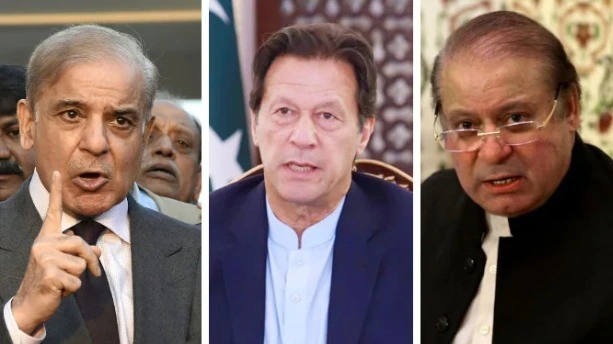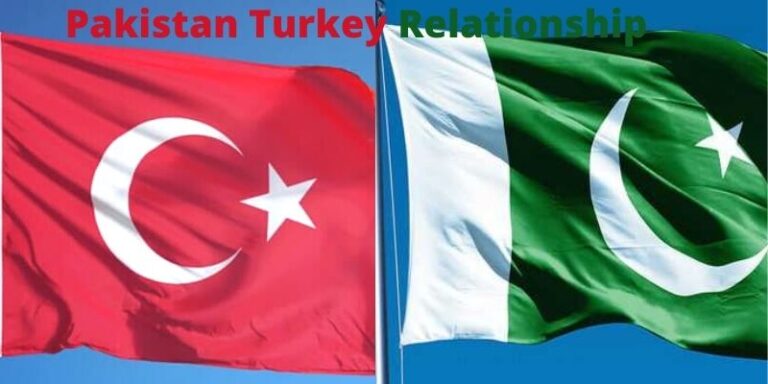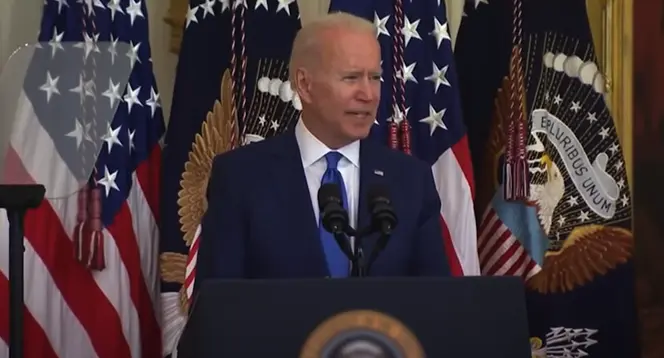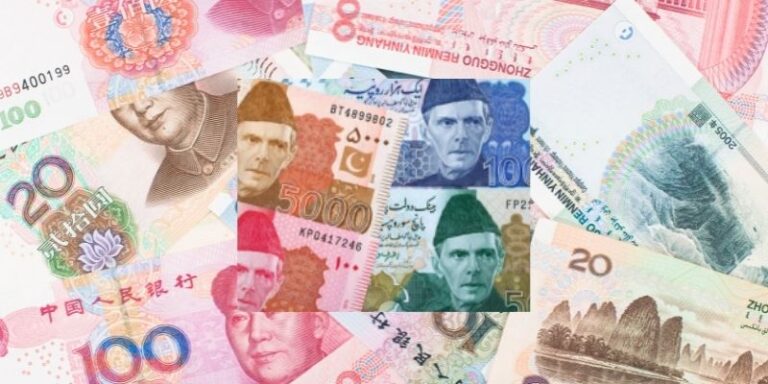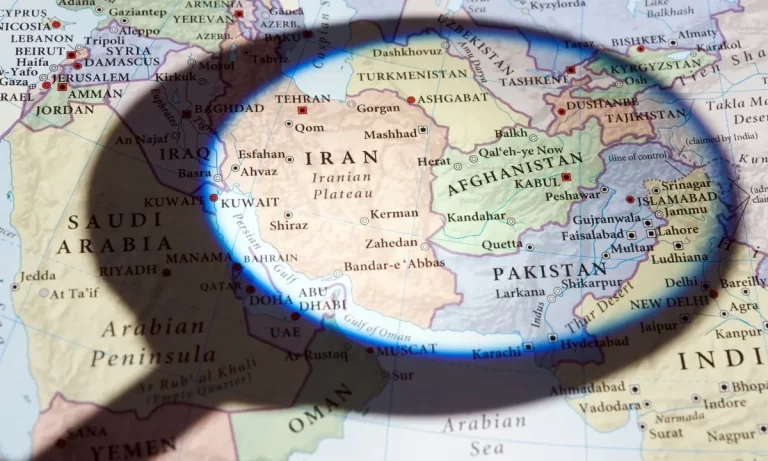Power Politics Leading Pakistan Nowhere
BY: MUSTANSAR KLASRA
Democracy is regarded and admired as one of the most widely accepted forms of government on the planet. Despite the fact that there are a variety of governance models in the world, such as monarchies, presidential systems, parliamentary systems, democracy, capitalism, and communism, some countries are governed by dictatorships on occasion.
Among all forms of government, the democratic structure is the most revered and admired. I favour and support the democratic system, but I also believe it has a number of drawbacks.
As far as I’m aware, one of the most significant drawbacks is that candidates vying for office attempt to undermine the opponent’s credibility through personal attacks that lack evidence and fact. Isn’t this unfair to the individual being slandered by the opponent?
Rather, it would be preferable to win votes on the basis of one’s performance, as opposed to by defaming one’s opponent or, in some cases, by presenting fictitious arguments. During the era of fifth-generation warfare and the emergence of social media, disinformation campaigns against people with conflicting interests in political domains have also become a common practice.
Individuals and even institutions are the targets of false narrative construction. Despite the fact that the FIA and a number of other concerned institutions are making every effort to address this issue, it remains a challenge.
Even these institutions are occasionally the target of disinformation campaigns designed to damage their credibility. On the basis of a larger national interest, this must be dealt with ruthlessly.
When institutions and individuals compete for dominance, national interests are far behind. Only when institutions and individuals coordinate in a constructive manner can states be governed efficiently.
Considering the current politically immature tug-of-war between politicians and the blaming of leaders, the general public will face increased inflation, unemployment, and poverty.
It is regrettable that, since Pakistan’s inception, not a single leader has been able to instil a sense of trust, unity, and cohesion among its people and institutions. Each institution believes itself to be superior to the others. Institutions in mature states do not behave in this manner.
As a matter of security, credibility, and state sovereignty, the Government of Pakistan, led by Shahbaz Sharif, should conduct a transparent investigation and hold fair debates in order to address the allegations of the previous Government, if we take the current discussions circulating across Pakistan regarding a regime change in light of the allegations made by former Prime Minister Imran Khan.
The fact that the country’s populace faces poverty, unemployment, inflation, etc., while the top political leadership engages in a game of political tug-of-war was extremely disappointing.
Here, everyone desires to ascend to power, but no one is either willing or able to govern. Elitism is also a major barrier to bringing prosperity to the nation.
Nobody in Pakistan is a political saviour. Everyone serves their own agendas and interests. The only way to solve Pakistan’s current problems, in my opinion, is for the country’s leaders to sit down and discuss the fundamental issues that affect the general public. In this country, placing blame on one another will not lead to improvement.
State institutions are one of the most significant pillars of every nation. Without the cooperation of all state agencies, no nation can advance and thrive. State institutions are primarily tasked with fostering the nation’s growth.
Pakistan is experiencing a current economic downturn. Foreign direct reserves are decreasing on a daily basis. The nation is pursuing a policy of independent sovereignty. The government has recently cut HEC’s budget by 50 per cent.
The Education and Health budgets fall short of requirements. All of these indicators already demonstrate that Pakistan faces a great deal of uncertainty and ambiguity. By establishing political stability in the nation, it is possible to reverse or at least adequately address all of these negative indicators.
It is unfortunate that in the history of Pakistan, not a single Prime Minister has completed his constitutional term. This creates a lack of confidence among foreign investors in Pakistan.
If we agree that Former Prime Minister Imran Khan’s government was not performing well, this does not mean that the opposition should take control of the government for the time being.
In my opinion, the government led by Prime Minister Shahbaz Sharif has gotten itself into trouble in a variety of ways, for instance. Firstly, they will pay a political price in the upcoming election, and secondly, in the grander scheme of things, the opposition has harmed the smooth political process, which does not favour any party or politician.
The current Government faces the same difficulties and obstacles as Khan’s Government. The government of former Prime Minister Imran Khan was also involved with the IMF; the Shahbaz government did the same.
The governments of Imran Khan and Shahbaz both gradually increased gasoline prices by 30 rupees per litre. The inflation rate increased gradually. Inflation is high in both the governments of Imran Khan and Shahbaz.
The question is what the Shahbaz Government has done for the public since ascending to power that Imran Khan’s government has not been able to do.
In a nutshell, I believe that the PML-N Coalition Government had no plan to provide relief to the public. All of them engaged in this political manoeuvring for the sole purpose of attaining the position of Pakistani prime minister.
The Pakistani populace faces an extreme leadership crisis, which poses a problem for the country. Up to this point, nobody should have expected anything fruitful from the current political elite.
Let’s be optimistic, but it appears that we are a long way off from development, stability, and prosperity. May God bless Pakistan, our beloved nation.
The writer is PhD scholar at Quaid-I-Azam University Islamabad and visiting lecturer at the Department of International Relations at the University of Chakwal.


